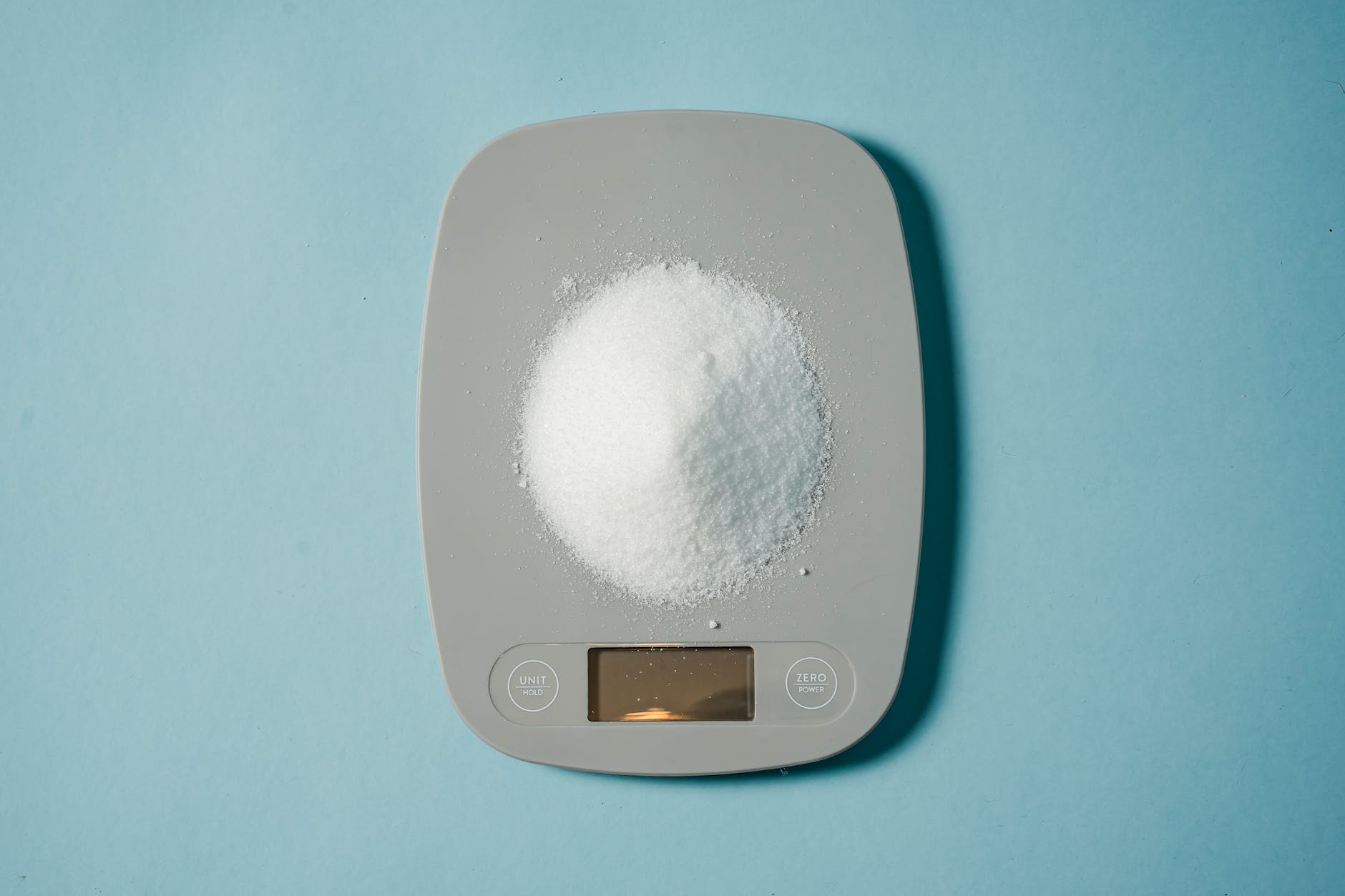Mastering Blood Sugar Control: Top Tips and Techniques


Mastering Blood Sugar Control: Top Tips and Techniques
Introduction
Welcome to our comprehensive guide on mastering blood sugar control. In this article, Mastering Blood Sugar Control: Top Tips and Techniques, we will share invaluable tips and techniques to help you achieve optimal blood sugar levels. Whether you're managing diabetes or simply looking to maintain a healthy lifestyle, the strategies outlined here will empower you to take control of your blood sugar levels effectively.
Understanding Blood Sugar
Before diving into the practical tips, let's briefly touch upon the importance of understanding blood sugar. Blood sugar, also known as glucose, is a vital energy source for our bodies. However, imbalances in blood sugar levels can lead to various health complications, particularly for individuals with diabetes.
Balanced Diet for Stable Blood Sugar
One of the fundamental pillars of blood sugar control is maintaining a balanced diet. Incorporating nutrient-rich foods into your meals can help stabilize blood sugar levels and promote overall well-being. Here are some key dietary considerations:
1. Choose Complex Carbohydrates
Opt for complex carbohydrates such as whole grains, legumes, and vegetables. These foods have a lower glycemic index, which means they release sugar into the bloodstream more slowly, preventing sudden spikes in blood sugar levels.
2. Prioritize Lean Proteins
Including lean proteins like poultry, fish, tofu, and beans in your diet can aid in blood sugar regulation. Proteins take longer to digest and can help you feel full for a more extended period, reducing the temptation for unhealthy snacking.
3. Embrace Healthy Fats
Incorporating healthy fats from sources like avocados, nuts, and olive oil can support blood sugar control. These fats contribute to increased satiety and help regulate insulin sensitivity.
4. Portion Control
While focusing on nutritious food choices is crucial, it's also essential to be mindful of portion sizes. Overeating, even with healthy foods, can disrupt blood sugar levels. Consult with a registered dietitian to determine appropriate portion sizes for your individual needs.
Regular Physical Activity
Engaging in regular physical activity is an excellent way to maintain healthy blood sugar levels. Exercise helps your body utilize glucose effectively and improves insulin sensitivity. Consider the following tips to incorporate physical activity into your routine:
1. Find Activities You Enjoy
To make exercise a sustainable habit, choose activities that you genuinely enjoy. Whether it's brisk walking, cycling, dancing, or swimming, finding something that brings you joy will increase your motivation and adherence to a regular exercise routine.
2. Aim for Moderate Intensity
Strive for at least 150 minutes of moderate-intensity aerobic exercise per week. This can be spread out over several days and can include activities that elevate your heart rate and make you break a sweat.
3. Include Strength Training
In addition to cardiovascular exercises, incorporate strength training into your routine. Building muscle mass helps improve insulin sensitivity and contributes to better blood sugar control.
Stress Management Techniques
Did you know that stress can impact your blood sugar levels? Learning effective stress management techniques can significantly contribute to maintaining stable glucose levels. Consider the following strategies:
1. Practice Mindfulness and Meditation
Engaging in mindfulness and meditation exercises can help reduce stress and promote emotional well-being. Allocate a few minutes each day to quiet your mind, focus on your breath, and cultivate a sense of inner calm.
2. Prioritize Self-Care
Carve out time for self-care activities that bring you joy and relaxation. This can include hobbies, spending time with loved ones, or engaging in activities that help you unwind and rejuvenate.
3. Get Sufficient Sleep
Adequate sleep is crucial for overall health, including blood sugar control. Strive for seven to nine hours of quality sleep each night to promote optimal well-being.
Regular Blood Sugar Monitoring
To stay on top of your blood sugar control efforts, it's essential to monitor your levels regularly. Consult with your healthcare provider to determine the best monitoring frequency for your specific situation. Regular monitoring allows you to make necessary adjustments to your lifestyle and treatment plan as needed.
Conclusion
Mastering blood sugar control is within your reach. By following the tips and techniques outlined in this guide, you can take charge of your health and achieve optimal blood sugar levels. Remember to maintain a balanced diet, engage in regular physical activity, manage stress effectively, and monitor your blood sugar levels consistently. Empower yourself with knowledge and make informed decisions to lead a healthier, more fulfilling life. https://diabetescure4u.com/


